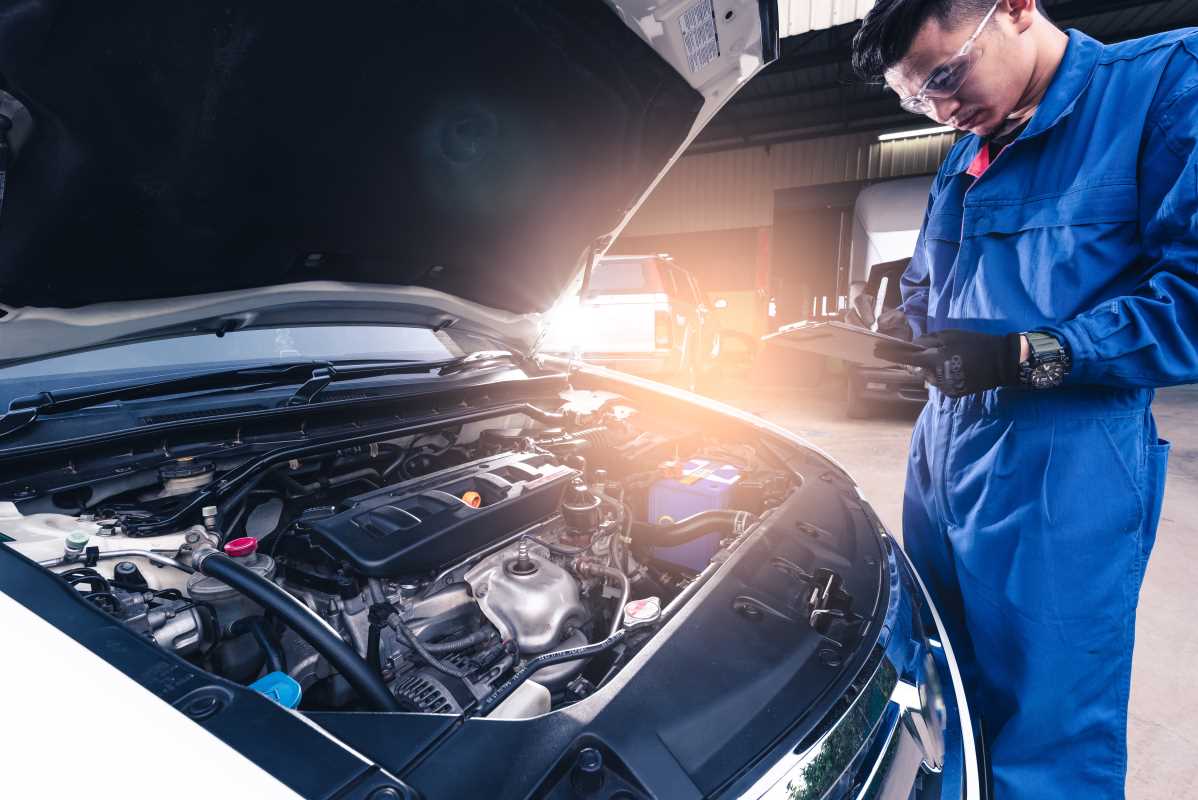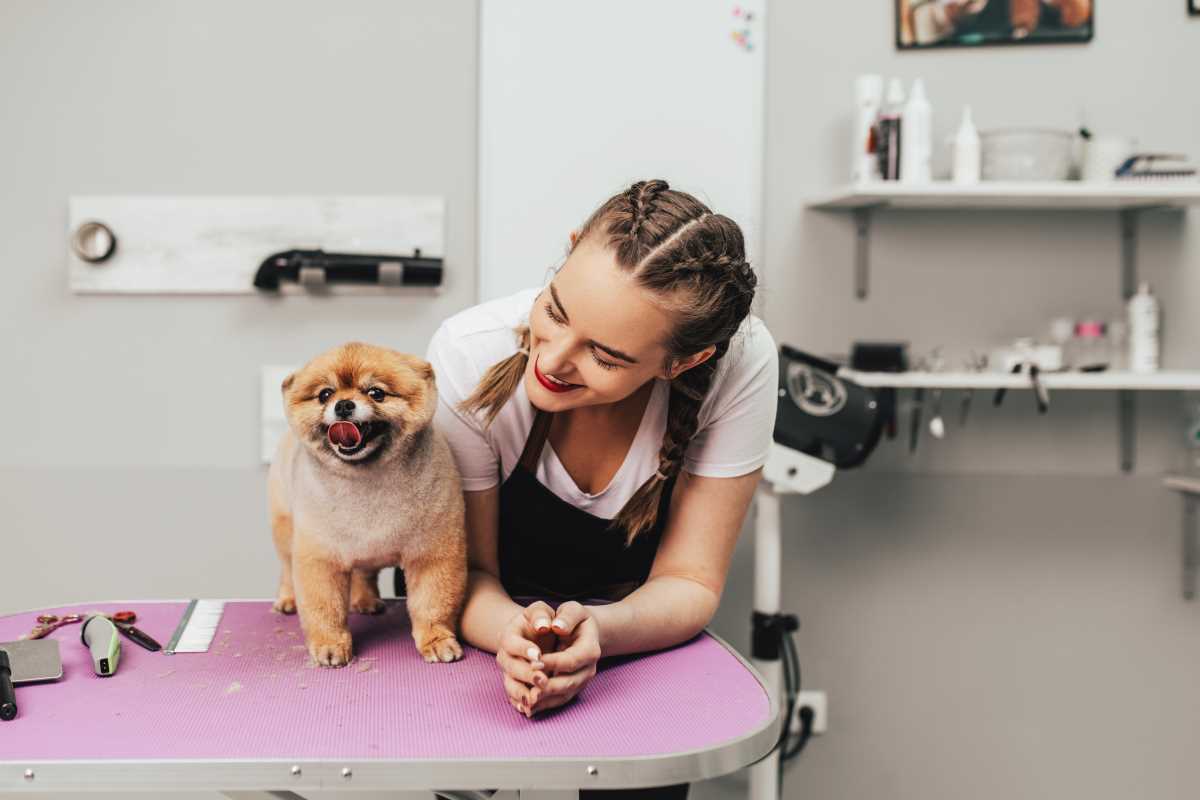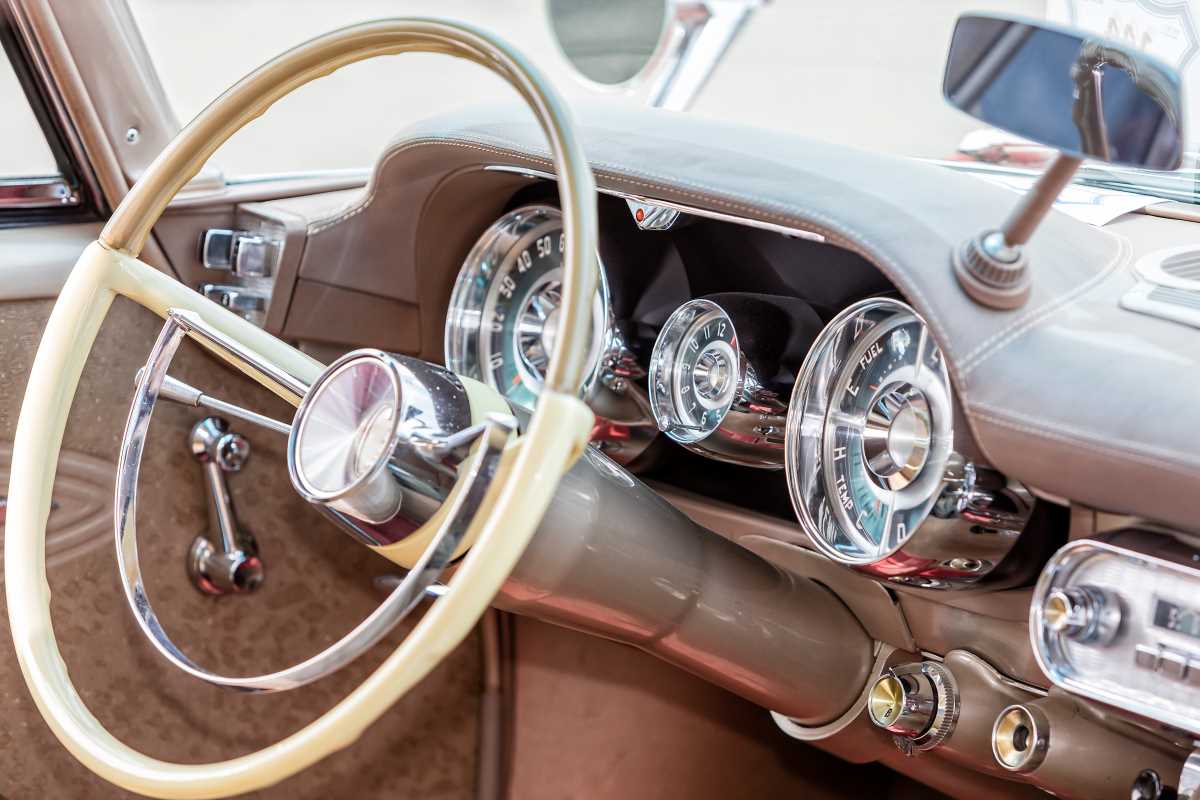When your car needs repairs, the process of finding a trustworthy repair shop can feel overwhelming. With so many options available, it can be hard to know who to trust with something as important as your vehicle. A reliable car repair shop not only saves you time and money in the long run but also gives you peace of mind that your car is in good hands. Whether you need regular maintenance or significant repairs, this guide will walk you through everything you need to know to find the best car repair shop in your area.
Start with Research
The first step to finding a reliable car repair shop is doing a bit of background work. Knowing where and how to look can help you narrow down your options and avoid less reputable shops.
Ask for Recommendations
Start by asking friends, family, or colleagues for recommendations. People you trust are likely to have firsthand experiences with local repair shops and can steer you toward businesses they’ve been happy with. Be sure to ask follow-up questions about the work quality, pricing, and overall experience to get a well-rounded idea.
Ask questions like:
- Did the shop communicate clearly about repairs?
- Was the pricing fair and transparent?
- How quickly did they complete the job?
Online Reviews and Ratings
If personal recommendations aren’t an option, online reviews are a great resource. Websites like Yelp, Google Reviews, and even the Better Business Bureau offer insight into customer experiences. Pay close attention to shops with consistently high ratings and detailed feedback from customers. Avoid places with recurring negative patterns, such as poor communication or hidden fees.
Check Location and Specialties
Take note of the shops located near your home or workplace. Convenience can be an important factor, especially if your car repairs will take several days. Additionally, some repair shops specialize in certain car brands or types of repairs, so it’s worth checking if a shop has expertise in working with your specific make and model.
Verify Qualifications
Once you’ve identified a few potential repair shops, it’s crucial to confirm their qualifications and certifications. A reliable shop will meet industry standards and ensure that its technicians are properly trained.
Look for Industry Certifications
Certifications are an easy way to verify that a shop has knowledgeable and skilled staff. The National Institute for Automotive Service Excellence (ASE) is one of the most recognized certifications in the industry. ASE-certified technicians have passed rigorous testing and demonstrated expertise in car repair and maintenance.
Other certifications might include manufacturer-specific training, such as certifications from Honda, Ford, or Toyota, which indicate the shop is equipped to handle repairs for those brands according to manufacturer standards.
Licensing and Insurance
Make sure the shop is licensed and insured. This protects you in case of accidental damage to your vehicle while it’s at the shop’s facility. Reputable shops will have no problem sharing their licensing and insurance details if asked.
Evaluate Customer Service
A good repair shop doesn’t only fix cars; they take care of their customers as well. Pay attention to how you’re treated as you reach out to and interact with prospective shops.
Friendly and Clear Communication
When you call or visit for the first time, pay attention to how the staff treats you. Do they explain things clearly and answer your questions without rushing? Do they seem friendly and approachable? Good communication is essential, as it indicates the shop is willing to take the time to keep you informed every step of the way.
Written Estimates
Reliable shops will offer written estimates for repairs, detailing the parts and labor involved in the job. This transparency helps you avoid surprise costs later. Be wary of places that hesitate to provide estimates or lack clarity about pricing.
Willingness to Discuss Repairs
Ask about the process they follow to diagnose and repair cars. A good repair shop will be willing to describe what went wrong with your vehicle and how they plan to fix it without overwhelming you with technical jargon.
Compare Pricing
While cost shouldn’t be the only factor in your decision, it’s worth comparing prices between shops to make sure you’re getting fair value. Keep these tips in mind when evaluating repair costs.
Avoid Rock-Bottom Prices
If one shop quotes a significantly lower price than others, it can be a red flag. Ultra-low prices sometimes indicate low-quality parts, inexperienced technicians, or incomplete repairs. Reliable shops balance affordability with quality work.
Ask About Labor Rates
Labor is often the biggest expense in car repairs. Check the shop’s hourly rate and compare it to standard rates in your area. Ask how they calculate labor charges and whether they provide flat rates for specific jobs, such as brake replacements or oil changes.
Look for Warranties
Many trustworthy repair shops back their work with warranties, either on parts, labor, or both. A good warranty shows that the shop stands by its services and gives you added protection in case something goes wrong after repairs are completed.
Visit the Shop
Before you commit, it’s worth stopping by in person to get a feel for the shop’s environment and professionalism. Your observations can reveal a lot about the quality of the service you’ll receive.
Cleanliness and Organization
While a spotless garage isn’t necessary, the shop should feel organized and well-maintained. A cluttered, chaotic space can be a sign of careless work practices. Additionally, neatly arranged tools and equipment often suggest that the technicians are professional and attentive.
Busy but Efficient
Shops that are busy but well-coordinated often provide excellent service. A steady flow of customers indicates trustworthiness within the community, but long wait times or poorly managed appointments may be a sign they’re stretched too thin.
Professionalism
Take note of how the staff interacts with customers. Are they polite, helpful, and knowledgeable? Staff who demonstrate professionalism are more likely to provide consistent service and care for your vehicle.
Test with a Small Job
If you’re not entirely sure about a shop’s reliability, start with a minor task to test their services before committing to major repairs. For example, you could ask for an oil change, tire rotation, or brake pad replacement.
During this trial run, evaluate the following:
- Were they efficient with their time?
- Did they explain the service performed?
- Was their pricing fair and accurate compared to the initial estimate?
A positive experience on a smaller job can build your confidence and trust in their abilities for more extensive repairs in the future.
Build a Long-Term Relationship
Once you find a shop that meets your needs, stick with them. Establishing a long-term relationship not only saves you time searching for new providers but helps the technicians become familiar with your car’s history. They’ll be able to track past repairs and spot potential issues more easily, ultimately keeping your car running smoothly for years to come.
By combining research, observation, and testing small services, you’ll be able to pinpoint the most trustworthy car repair shop in your area. A little effort upfront can lead to big peace of mind every time your car needs attention.







